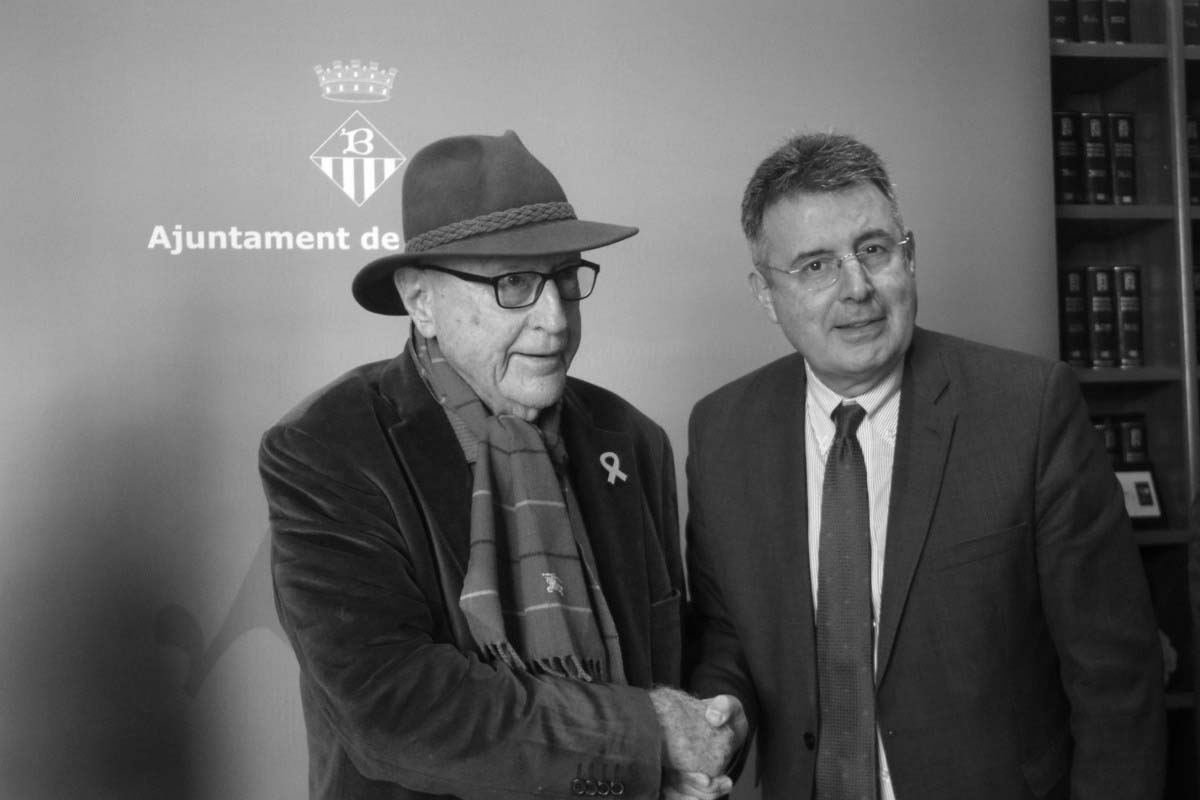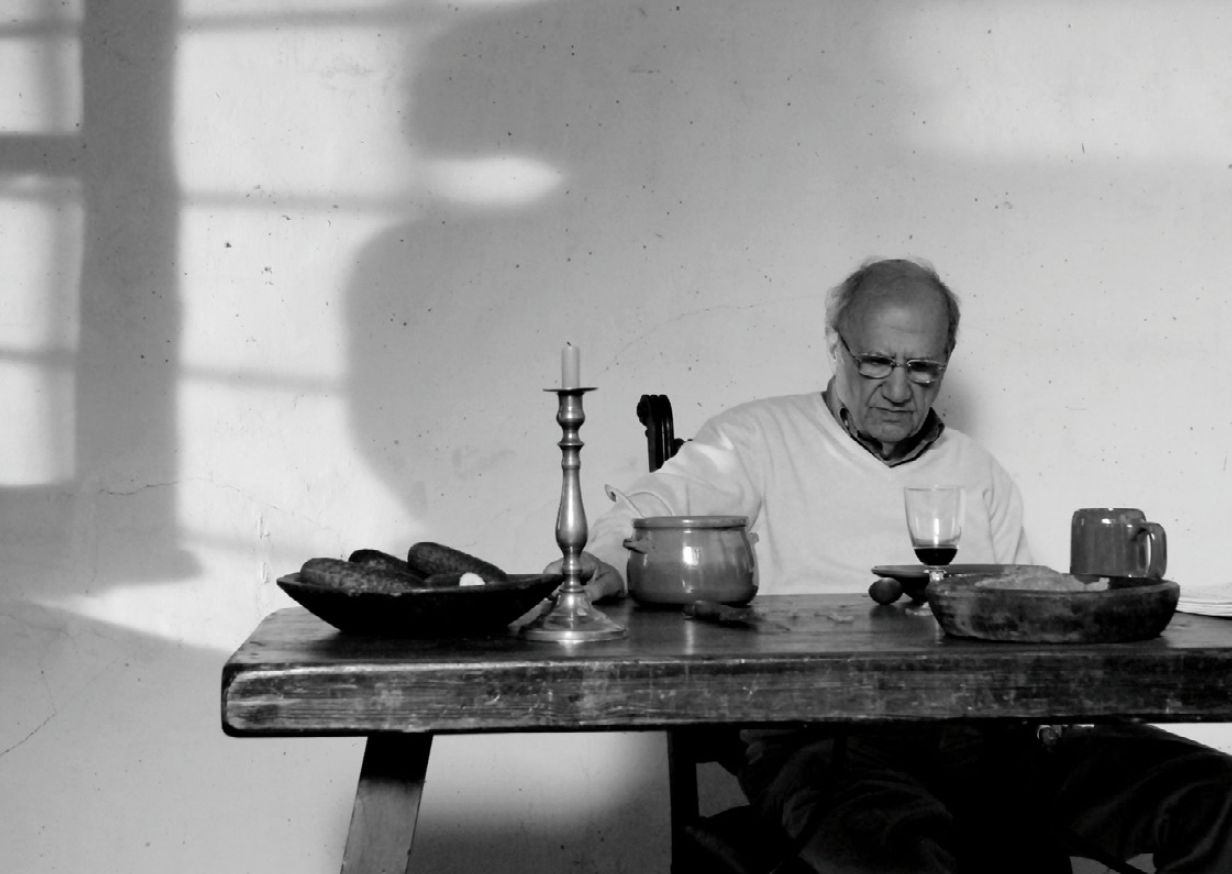Opinion
Auction sales and taxation

2021 was a record year for art sales through auction houses. Sotheby's sold 7.3 billion dollars (about 6.45 billion euros), the highest figure in its 277-year history. For its part, Christie's brought in 1.7 billion dollars (about 6.27 billion euros), obtaining the best results of the last five years and increasing private sales by 12% compared to 2020 and 108% compared to 2019 Other auction houses such as Phillips or Bonhams also had spectacular results.
The pandemic strengthened 1% of the population, who saw the art market as a good outlet for their wealth. In the words of Dr Clare McAndrew: “High net worth collectors are spending more than ever, and this is partly because the effects of wealth accumulation over the past two years have been very different from other crises.” Moreover, one of the attractions of the auction sale is the possibility of maintaining the confidentiality of the identity of the parties.
The most common case of auction sale is that in which the person interested in selling is a private individual, who signs an agreement with the auction house for a sales commission. The auction house is commissioned to sell on your behalf and, if successful, earns a commission. Consequently, ownership of the piece is passed directly from the individual seller to the highest bidder, and the price of the piece, initially received by the auction house, is transferred to the seller. It is very common that the buyer does not know the identity of the seller.
However, things get complicated when the seller is not an individual, but a Spanish company or a professional with tax offices in Spain who is subject to VAT and for whom the item is an asset related to their business activity . In these cases, the sale of the work of art is a commercial operation that may be subject to VAT and, to that extent, is affected by certain formal obligations, among others, the obligation to issue an invoice and, therefore, know the data that identifies the seller. But this conflicts with one of the pillars of auction houses: the confidentiality of the parties.
It is true that, in some cases, the law allows the issuing of simplified invoices, in which it is not necessary to identify the purchaser. In the case of the sale of works of art, it would only be possible in those operations whose amount is less than 3,000 euros (VAT included), and as long as the buyer does not act as an entrepreneur or professional, but as in particular In cases where the buyer is an entrepreneur or professional acting as such, he can always demand a full invoice from the seller. Consequently, in order to comply with the law, the auction house will be obliged to provide the seller with the data corresponding to the buyer although it will depend on whether the auction house is acting in the name and on behalf of another or if it is doing so in its own name .
It is important to note that the invoice normally issued by the auction house in the name of the buyer for its mediation is not sufficient when the buyer is an entrepreneur or professional acting as such, since technically it only justifies the commission in accounting and fiscal terms, but not the acquisition of the piece. This must be justified by another invoice or specific document.
It is also essential to analyze beforehand the operations of auction sales by companies and professionals from a tax point of view in order to avoid future problems with the Spanish Tax Agency that may cause the profit obtained in the sale to be reduced for not having taken into account the VAT of the operation.









